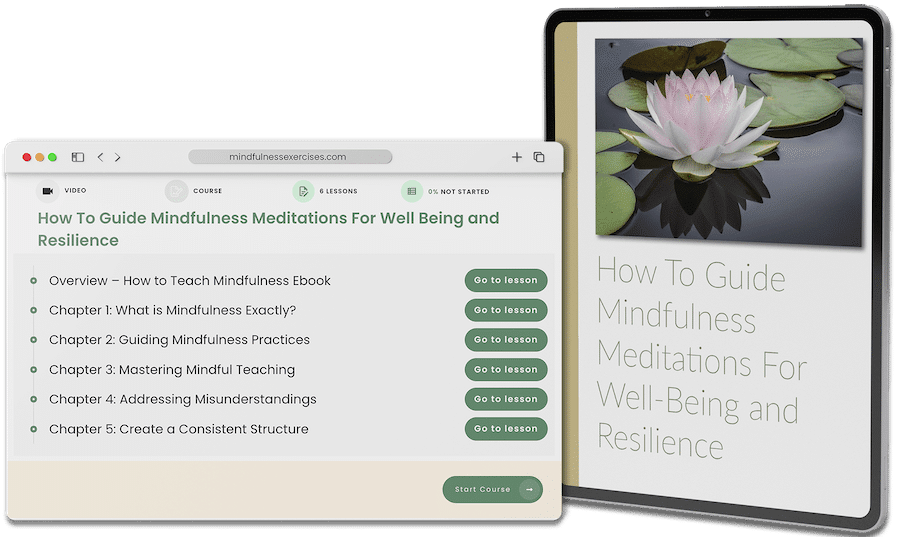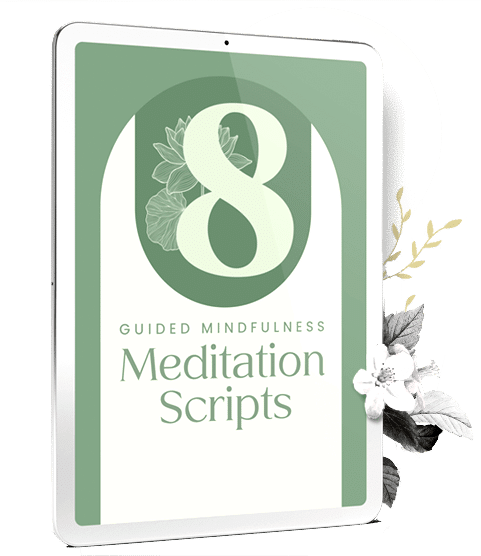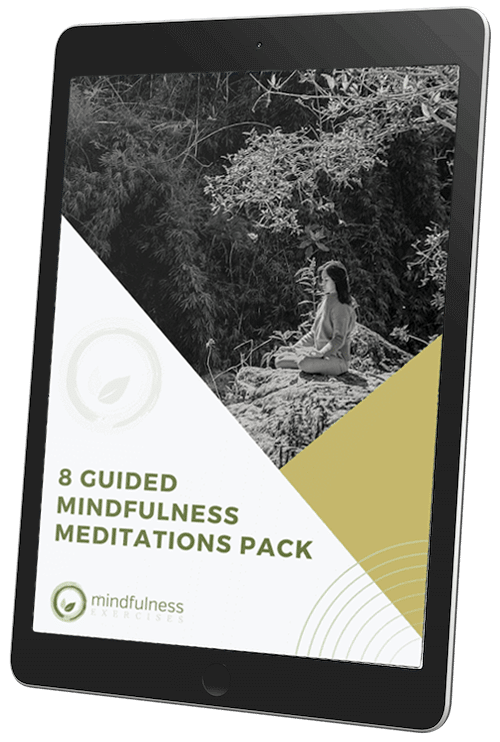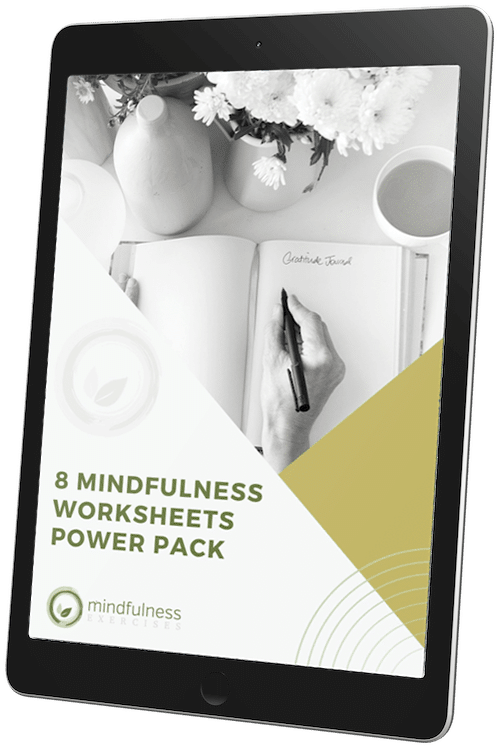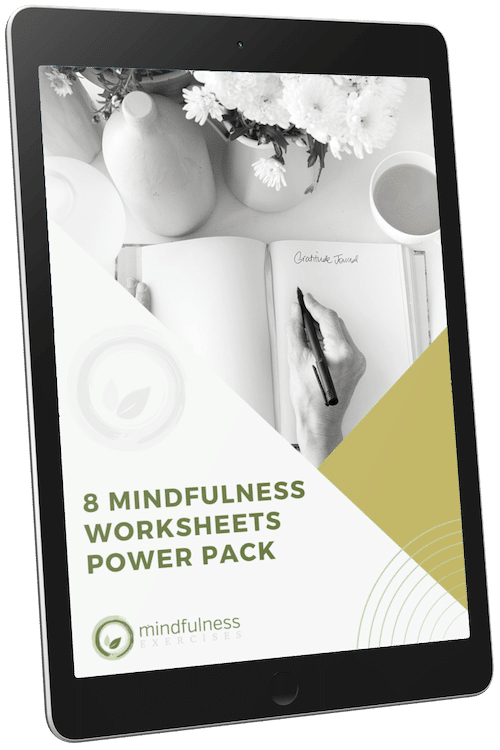Our minds are our most valuable asset. Mindful living requires a healthy mind and without it, we can’t realize our full potential. Mindfulness helps protect our minds, and a protected mind makes mindfulness more attainable. Learn what it means to protect your mind, and why it matters.

“Like water which can clearly mirror the sky and the trees only so long as its surface is undisturbed, the mind can only reflect the true image of the Self when it is tranquil and wholly relaxed.”
- Indra Devi -
We understand consuming junk food is no good for our bodies, but there’s also junk food for the mind. Too much of it, and we not only risk any chance at the peace and contentment that’s available through mindfulness, but we risk physical cognitive decline.

The great sages teach that the mind takes on the qualities of that which is put in front of it. On at least some level, we all know this. We are what we eat. When we occupy our minds with violence, gossip, reality TV or too much social media, we feel the same type of brain-fog we experience after binging on sugar or other unhealthy foods. To protect the brain, and also the mind, we must be mindful of what we consume.

“If a person had delivered up your body to some passer-by, you would certainly be angry. And do you feel no shame in delivering up your own mind to any reviler, to be disconcerted and confounded?”
- Epictetus -
Disturbing the Peace
When we’re healthy, just one moment’s indulgence in junk food can make us feel terrible the next day. But when we eat junk food every day we soon have trouble discerning how awful we feel. We become accustomed to living with a new, unhealthy, baseline and we no longer remember what it feels like to be healthy. When we partake in activities that disturb the peace of the mind, the same effect happens. We may enjoy it in the moment, but if we do it daily we forget what peace truly feels like.
Neuroplasticity, the ability of the mind to form new neural connections, is among the most talked about scientific discoveries regarding mindfulness and meditation. What’s less often talked about is that it works both ways. A mind fed junk food daily begins to crave more, and redefines for itself what it deems as ‘normal.’
Partaking in the following activities is particularly disruptive to our mindfulness practice and our efforts in establishing a calm and stable state of mind:
Violence
When the mind is exposed to violence, it changes. The parts of our brain that normally suppress aggressive activity become less active. These changes have been observed in those who are exposed to even short clips of violent movies.
Unfortunately today, violence is not only depicted in fictional media, but we see it daily in the news. To protect the mind, be mindful of what you label as entertainment, and what you label as necessary information. Avoid feeding the mind with violence in all its forms.
Negativity
It’s not comfortable to be around someone who’s always naysaying, vocal about the worst case scenario, or discussing nothing but bad news. And while it might be easier for us to recognize this in others, we do it to ourselves too. Our inner voice tends to demand our attention the most when it has nothing nice to say.
Habitual negativity can become anxiety or depression if we indulge in catastrophic thinking, continual worry, or the sadness we see in the world. Understanding the brain has a negativity bias is the first step in mindfully working to overcome it. Stress, exhaustion and hunger can also make us more vulnerable to negative thinking.

Useless Speech
Useless speech includes gossip and idle chatter. Our minds absorb this type of speech when we engage in drama within our social circles, or when we watch it on TV. To be party to gossip, yelling, and even profanity disturbs our peace and wellbeing.
This type of chatter not only wastes our time, but devalues our connections to others, minimizes the power of our words, and obscures the infinite potential for good that exists within our ability to communicate.
Media
Television, internet media, and social media have been studied extensively for their effects on the brain. Science finds the more we consume, the more anxious we become.
In the same way that junk food scientists encourage us to overeat through their efforts in finding the perfect mix of salty, sweet and crunchy, app developers and programmers are tasked with creating products that hold our attention and keep us coming back.
A surefire way to keep us addicted to our screens is by exploiting our negativity bias. Violence, chaos, and polarizing views keep us engaged with the very thing that’s damaging our sense of wellbeing.
Time spent online reinforces the shortening of our attention span, our intolerance of boredom, and our desire for social validation. We become more ingrained in our identities as separate, different from, or better than.
To protect the mind, we must remember that all junk food is ultimately unfulfilling, and that it’s to our benefit not only to be mindful of what’s in front of our minds, but how we’re engaging with it.
We can practice being distracted, or we can practice mindfulness. The less we protect the mind, the more challenging our mindfulness practice becomes.

“The mind is a flexible mirror. Adjust it, to see a better world.”
- Amit Ray -
Practical Ways to Protect the Mind
We understand we must exercise and eat nutritious foods to keep our body in good health. Of course, the brain is part of the body, so good food and exercise benefit the mind too. Holistic mind protection also includes the following:
Meditate Consistently
Science knows mindfulness and daily meditation protect our brain from cognitive decline, dementia and Alzheimer's disease. Mindfulness interventions even have the potential to reduce the symptoms of age-related cognitive decline after its onset.
Despite what brain training games might claim, meditation is the only scientifically backed method for improving cognitive function. Meditation reduces somatic stress, helps us sleep better, and promotes emotional regulation.
When we’re mindful, we’re aware not only of what the mind sees all around us, but we become aware of the ways in which we feed on the junk food of our own self-criticism. A stable mind, developed through consistent meditation, is less vulnerable to anything that’s put in front of it.
Learn how to meditate in just 2 weeks with Mindfulness Made Easy
Rest Often
Just as our bodies need a balance of rest and exercise, so too do our minds. True rest for the mind is not watching television, scrolling through social media feeds, or gossiping with our friends. It’s activities such as meditating, spending time in nature, exercising, and sleeping.
Neuroplasticity cannot occur without proper sleep. In the early stages of deep sleep the mind goes to work on clearing out damaged cells and building new neural connections. While we’re resting the mind repairs itself to prevent cognitive decline, sort our memories and emotions, and help us solidify what we learned during the active part of our day.
Spend Time in Nature
When the mind is given time to be outdoors in nature, we get closer to our natural state of being. The ‘true nature’ of our mind is one of spaciousness, ease, and loving kindness.
Ecopsychology is the study of how time spent in nature improves our mental health, and the science shows stepping away from our screens and into the great outdoors eases our stress and anxiety, and increases our capacity for creativity and holding attention.

Declutter Your Environment
Our minds are prone to distraction. While we’d still be susceptible to distraction if we lived far from society in a cave, it’s still worth the practice of decluttering our environment to help protect the mind.
Our minds are influenced by our environment, and can feel more spacious when we’re surrounded by minimal, simple decor. We can also declutter in other ways. We can declutter our phones by removing distracting apps. We can declutter our days by intentionally choosing how to spend each minute of our time.
Socially Engage Offline
In-person social engagement supports healthy cognitive function. Studies have found those who are actively engaged in a social network, regardless of the size of that network, sustain cognitive function longer into old age.
Engaging socially through helping others, volunteering, and being of service also promotes brain health. Compassion is not separate from cognitive function, but requires us to apply top-down cognitive processes to develop compassion and ultimately, extend it to all beings. The intentional practice of compassion changes and protects the mind.
Practice Mantra
Mantra is a sanskrit word which roughly translates to ‘mind protection.’ The root ‘man’ refers to mind, while the root ‘tra’ can mean to weave, or to stretch across. Thus the mantra can be described as a sound which stretches across the mind to protect it.
Practically, when used for meditation, a mantra acts as an anchor for the mind and helps fend off distraction. Some believe the vibrations of divine mantras become woven into the vibration of the body itself, to hold you to a higher frequency.
A mantra may be given to you by your teacher, or you could practice with any mantra you’d like.

“Delight in heedfulness. Watch over your own mind.”
- Buddha -
Mental health is as important as physical health. We understand why it’s important to protect our bodies, and it’s time we applied that same thinking to our minds. But we also know that understanding the importance of health and avoiding unhealthy action are two separate things. Just because we know what’s good for us, doesn’t mean we do it.
Mindfulness is the solution to this discrepancy. Diligence in mind protection relies upon mindfulness. When we practice present moment awareness, we give ourselves the ability to slow down, evaluate our choices, and choose the healthy way. Our mind, and the future of our well-being depends upon it.














